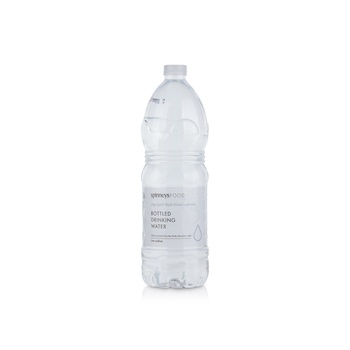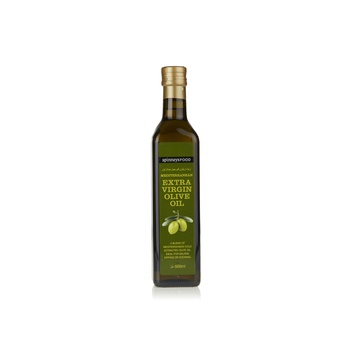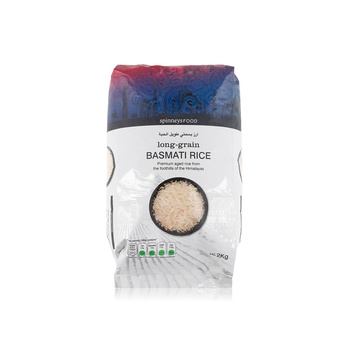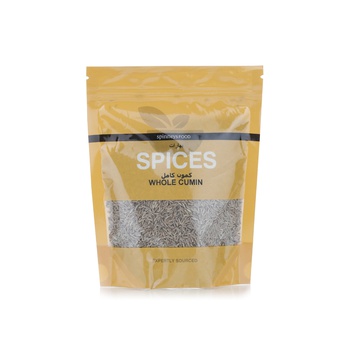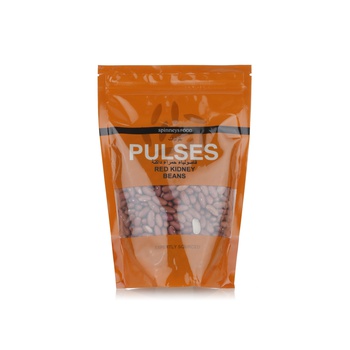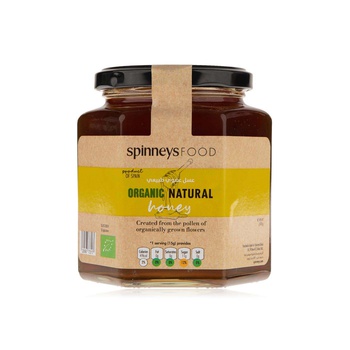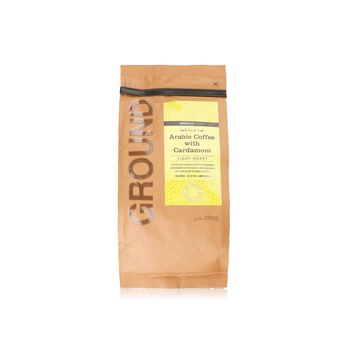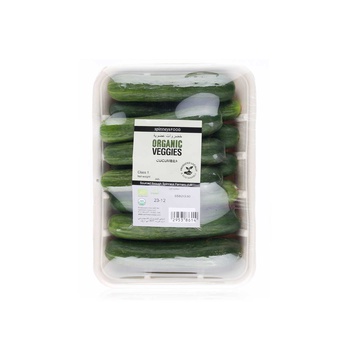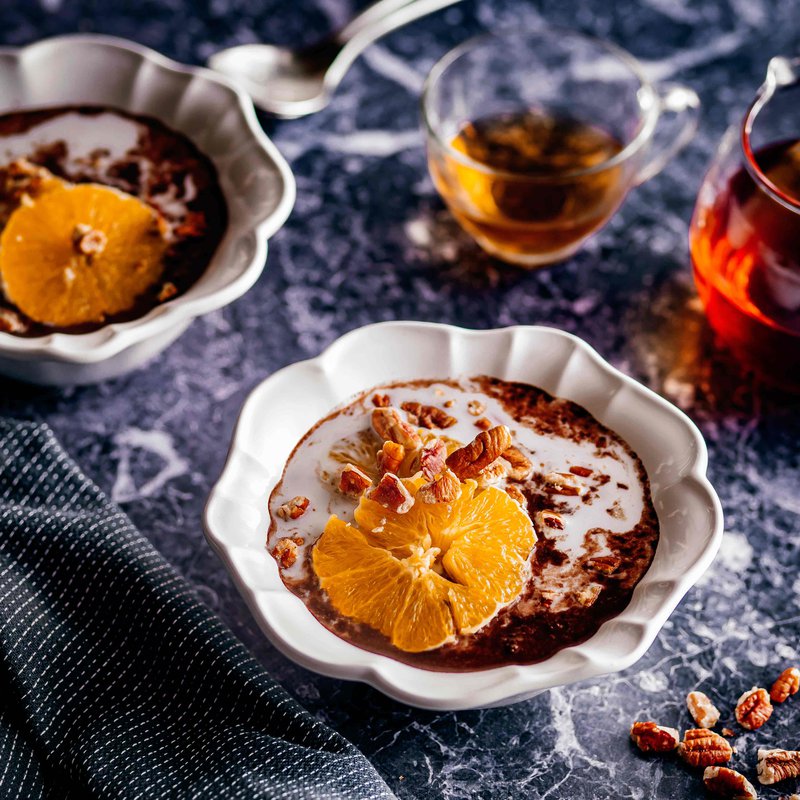Pulses, canned foods, spices and tea. Go back to basics this Ramadan and stock up on must-have SpinneysFOOD pantry items
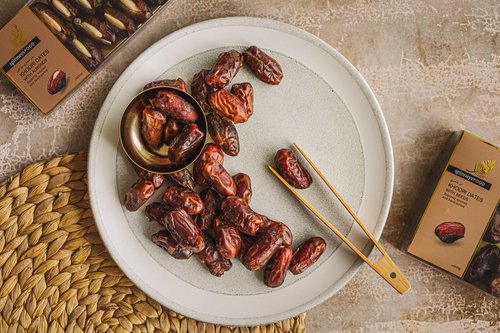
DATES
Dubbed the fruit of Ramadan, dates are traditionally consumed first during iftar. Apart from being delicious, they are easy to digest and are a vital source of carbohydrates, potassium, minerals and vitamins that help replenish the body with healthy nutrients and restore natural energy levels after long hours of fasting. Sourced from Saudi Arabia, our SpinneysFOOD Khodri Dates are perfect for desserts and even make a great addition to lamb stews.
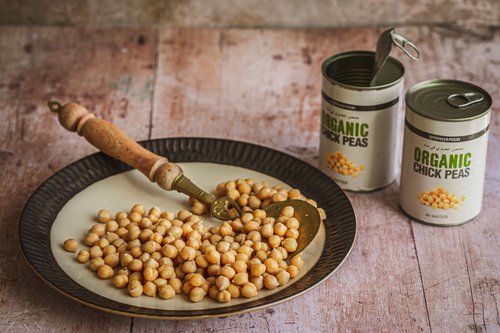
CANNED GOODS
Whether it's chickpeas, kidney beans or whole peeled tomatoes, storing canned foods in your kitchen is an easy and affordable way to whip up a delicious and healthy meal in no time – especially helpful during Ramadan when you're looking for something quick and easy to munch on. Chickpeas, for example, can be used in myriad ways to make a snack or side dish, like hummus, fatteh or even vegan aquafaba.
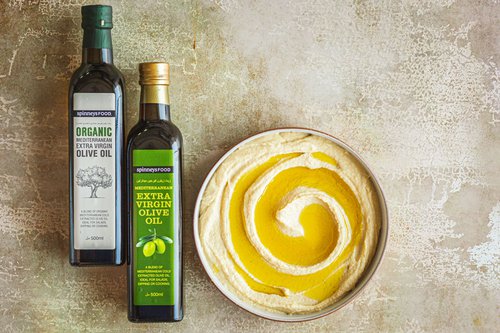
OIL
A rule of thumb in the world of food is to always have good olive oil within arm's reach in your kitchen. Not only can the ingredient be used for cooking, to dress a salad, as a base, or as a finishing oil, but quality oil is exceptionally good for you. Olive oil and extra virgin olive oil are also prominent in Middle Eastern cuisines and Ramadan-inspired recipes.
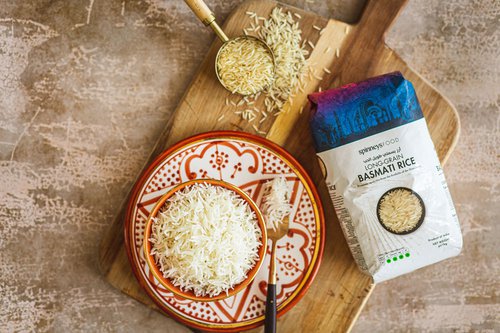
RICE
What Ramadan meal is complete without basmati rice? Whether it's pilaf with pine nuts or kabsa (machboos) with chicken, basmati rice is sure to put a smile on your face – its name means 'my smile' in Arabic, after all. The light and fluffy grain is also rich in complex carbohydrates, which pack a high amount of nutrients and digest more slowly, keeping you feeling full for longer.
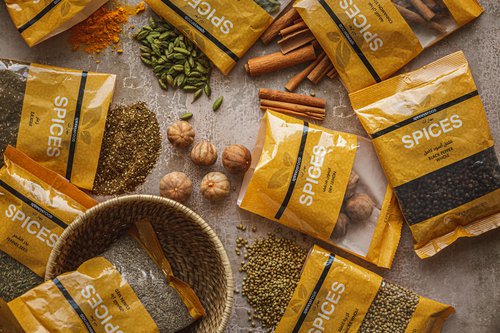
SPICES
It is no secret that using the right spice can elevate any dish. Whether ground or whole, spices are a must-have in your kitchen year long, especially during Ramadan. To recreate dishes typically served during the Holy Month, look for cumin, za'atar, cinnamon, cardamom, coriander, aniseed, ginger and garlic.
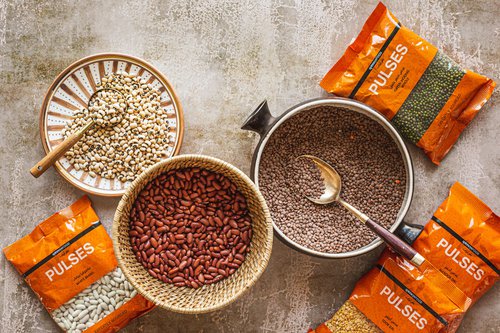
PULSES
Pulses are a prominent ingredient in Middle Eastern cuisine and are especially seen on Ramadan menus. With the most common being beans, lentils, peas and chickpeas, pulses are a significant source of nutrients and minerals, are high in protein and are an incredibly versatile ingredient to cook with.
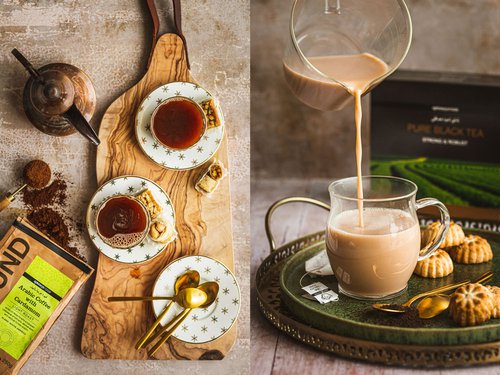
COFFEE & TEA
Although not advisable in the late hours of the night, coffee is generally served after iftar – accompanied by dates or maamoul (Middle Eastern cookies) – as a bonding custom between friends and family. Our bold-flavoured coffee is sourced from South America where climate and soil quality are ideal. A lighter alternative to coffee is tea. Green, mint or chamomile tea help with digestion after a well-deserved feast and are less likely to keep you awake and restless at night when you're seeking much-needed sleep.
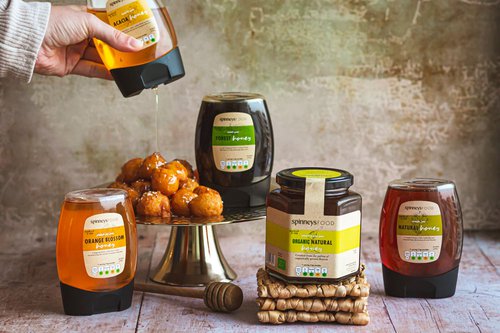
HONEY
Honey is the answer to your after-iftar sugar needs. It's the healthier option in desserts and can be enjoyed in many ways, so you never have to eat the same treat twice. Drizzle it on logaimat, spread it on toast with butter or a slice of sharp cheese, or even mix it into your tea instead of granulated sugar. All SpinneysFOOD honey is produced from the nectar of fresh orange blossoms, acacia flowers, and honeydew from wild forest trees.
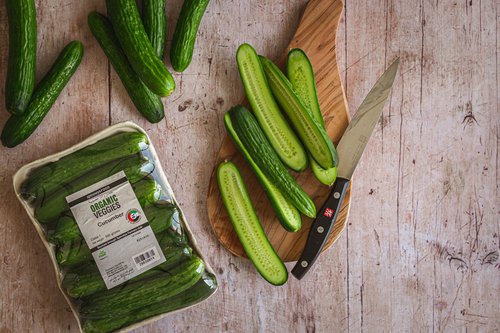
CUCUMBERS
They may not necessarily be a pantry item, but cucumbers are an especially good vegetable to consume during Ramadan. Their high water content and fibrous nature mean you will stay hydrated and avoid intestinal indigestion. What's more, they are a pleasantly crunchy and refreshing complement to salads and healthy green juices.

